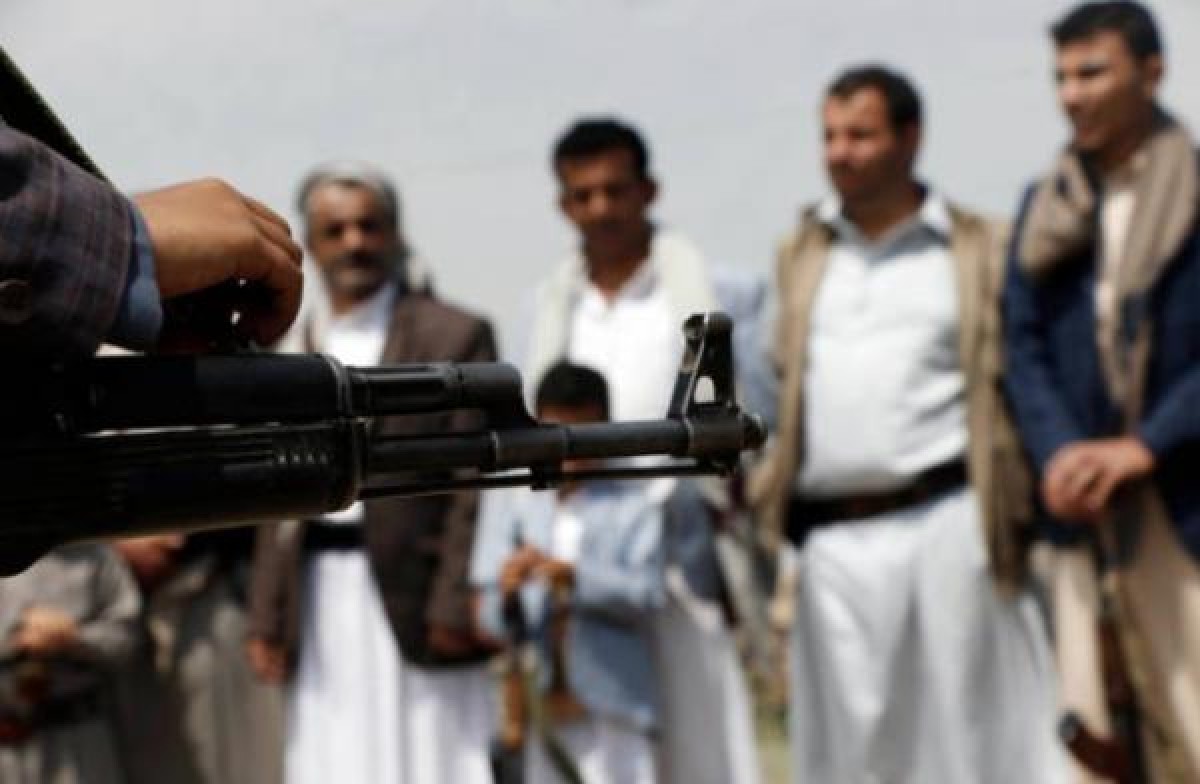The Houthi militia carries out illegal activities worth $6.6 billion


The Houthi group is systematically destroying various sectors of the Yemeni economy through plundering public money, monopoly, trade in contraband, money laundering, terrorist financing, and other forms of political, administrative and economic corruption, which has led to worsening living conditions for millions of Yemenis and a sharp decline in the sector’s performance. Economic.
A study entitled “The Macroeconomic Effects of Financial Crimes in Yemen” estimated the size of the hidden economy resulting from the illegal activities of the Houthis during the period between 2018 and 2023 at about 28.34% of the total economy, or up to $6.6 billion, in addition to causing... Loss of economic opportunities of the same value.
The Yemeni economic analyst, Majid Al-Daari, explained that the scale of the Houthis’ illegal activities results from their continuous violations against local capital and financial crimes, including speculation in the local currency, the management of its black markets, money laundering and smuggling operations, prohibited trade, and other systematic Houthi practices that It harms the Yemeni economy, and worsens the living and humanitarian conditions of millions of people.
Al-Daari stated in a statement to Al-Ittihad that the political and administrative violations of the Houthi group have multiplied enormously, casting a shadow on various aspects of life, most notably the living conditions in particular and the economic sector in general, and generating huge profits that represent a large income to finance its military activities and the salaries of the group’s leaders and members.
The suspicious economic activities practiced by the Houthis are not subject to tax collection, and thus deprive the state’s general budget of huge resources. According to some estimates, the tax resources lost due to the hidden economy and the financial crimes associated with it range between 448 and 509 million dollars, which constitutes 58% of Yemen's general budget deficit.
The Yemeni economic analyst warned of the danger of continuing the cycle of manipulation and tampering with the local currency that the Houthi group insists on in a way that contributes to weakening and destroying the economy, which is considered one of the most dangerous tools of the financial war that the Houthis are waging against the legitimate government by destroying the national currency and diminishing its value in exchange for making billions. From exchange differences, in addition to selling oil on black markets.
For his part, Yemeni political analyst Aidha bin Laasm said that the Houthi group is practicing suspicious activities aimed at collecting billions of dollars at the expense of the security, stability and interests of Yemen, which confirms that it is a group that is not qualified to manage the affairs of the state, does not adopt a legitimate regime, and practices systematic destruction. For the resources of the Yemeni state.
Aydah said in a statement to Al-Ittihad: “The Houthis are deliberately strangling the Yemeni people by deepening the living, political and economic crises, whether through aggressive military practices, striking vital installations, destroying economic resources, or weakening the currency.
The political analyst continued: “These practices made Yemen suffer from severe crises at various levels. The currency is in serious decline, facilities have collapsed, services are non-existent, and poverty rates are increasing among the classes of society, which constitutes one of the worst humanitarian crises in the world.”< /p>